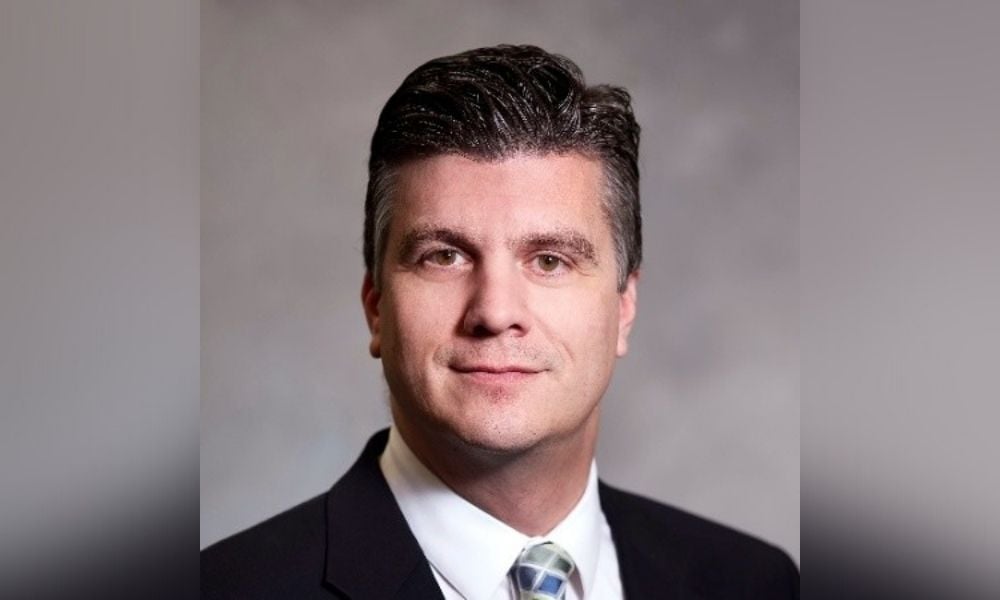Families can give their children a life-changing gift that teaches them financial planning and far outlasts clothes and toys

If there’s one thing that BMO Global Asset Management’s Director of Investments thinks advisors should do when dealing with clients’ Registered Education Savings Plans (RESPs), it is get grandparents on board with contributing to them almost as soon as the baby is born.
“When you’re a new parent, there are a lot of new expenses that you’ve never had before, such as diapers and baby food formula. So, get the grandparents involved,” Robert Armstrong told Wealth Professional. “Grandparents love to spoil their grandchild. That’s a given. But, unfortunately, most of the toys and clothes end up in the basement doing nothing. So, I like to talk about setting up a family plan.
“My strategy is to get grandparents involved and have their own RESP set up for their grandchildren. Grandparents can save $25 or $50 a month. Over time, they’ll see their savings for that grandchild grow. When the child decides to go to post-secondary education, it’s really rewarding to have a separate account from the grandparents to help. Grandparents are always going to give the child material gifts, but having your savings appreciate in a single account over 18 years is rewarding for them.”
While many families may not initially consider setting up a RESP until the child is older, Armstrong said they should do it as soon as the baby gets a Social Insurance Number, so they can immediately start taking advantage of the government’s contribution to it. The federal government pays $500 for the first $2,500 contributed, with a 20% match for every year of contributions. It will also contribute the same amount to allow a family to make up one missed year each year.
Armstrong also lauded the RESP’s flexibility because it can be used for a wide variety of post-secondary schooling – from trades to college – and school-related expenses, from tuition and books to housing. The child can also delay the school start well past age 18.
“I think it’s the only program where the government offers you free money to invest,” he said, “and it’s important to set your child up for the future, so it’s a no-brainer!”
The family can also establish multiple RESP accounts – with each set of parents and grandparents having one. Each contributor can arrange to make automatic monthly payments. Armstrong said the government usually pays the 20% to the account of the first person who contributes in a month.
“I don’t think there’s a better program out there for helping to save for your child’s education,” said Armstrong. “What I like about it is it offers you tax-sheltered growth until you withdraw the money, meaning if you’re making money in your RESP, you don’t have to pay any tax until it is withdrawn.”
That’s usually when the child goes to school, so the child – not the RESP contributors – is taxed.
“Typically, when children go to university, they’re at a low to no tax rate, meaning they may not even have to pay tax on their withdrawal because they may just be working a little job on the side and not earning a large amount of money,” he said.
The fund can also be set up with a bank or other provider, depending on how the family wants to invest the money. That could be in mutual funds, exchange-traded funds (ETFs), or even “target education” guide plans, like BMO, RBC, and TD offer, where the fund grows more aggressively initially, but decreases volatility before it needs to be used.
Armstrong said having such a fund can help a child avoid school debt, but also spark family conversations about financial planning and money accrual.
“I’ve used this as a family planning conversation tool, where you can offer someone $500 each and every year from the government for free, so you can have that conversation about saving for your future,” said Armstrong. “I try to avoid saying what I’m investing in because it’s not really about what that. It’s about having a conversation about saving for a goal, your child’s education, and the fact you can get free money and get the grandparents involved, and talking about the overall family’s financial well-being.”



